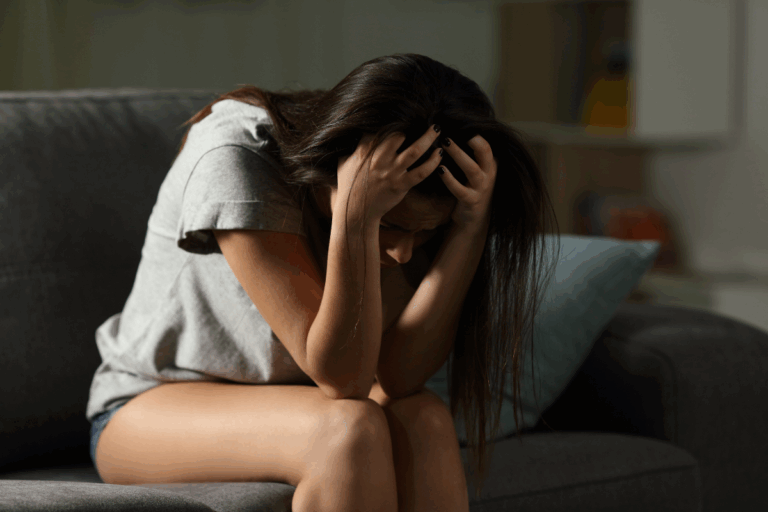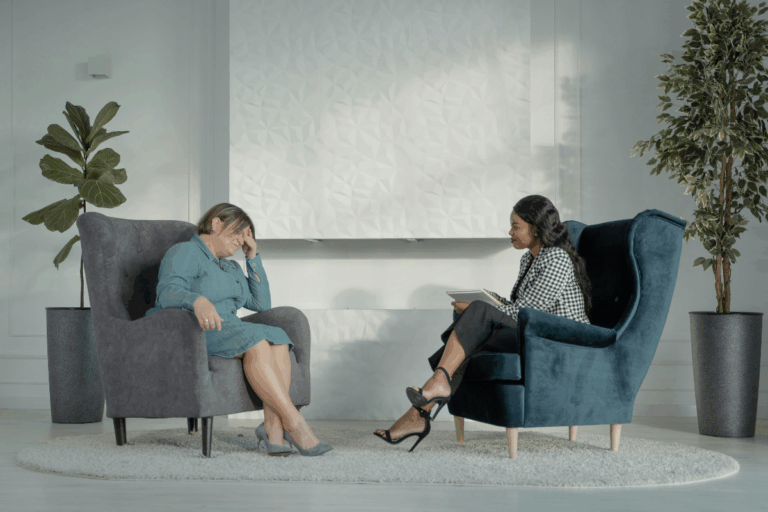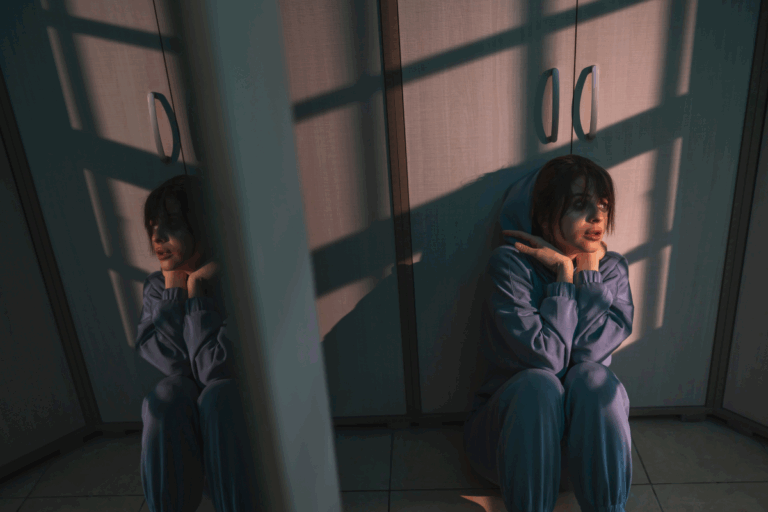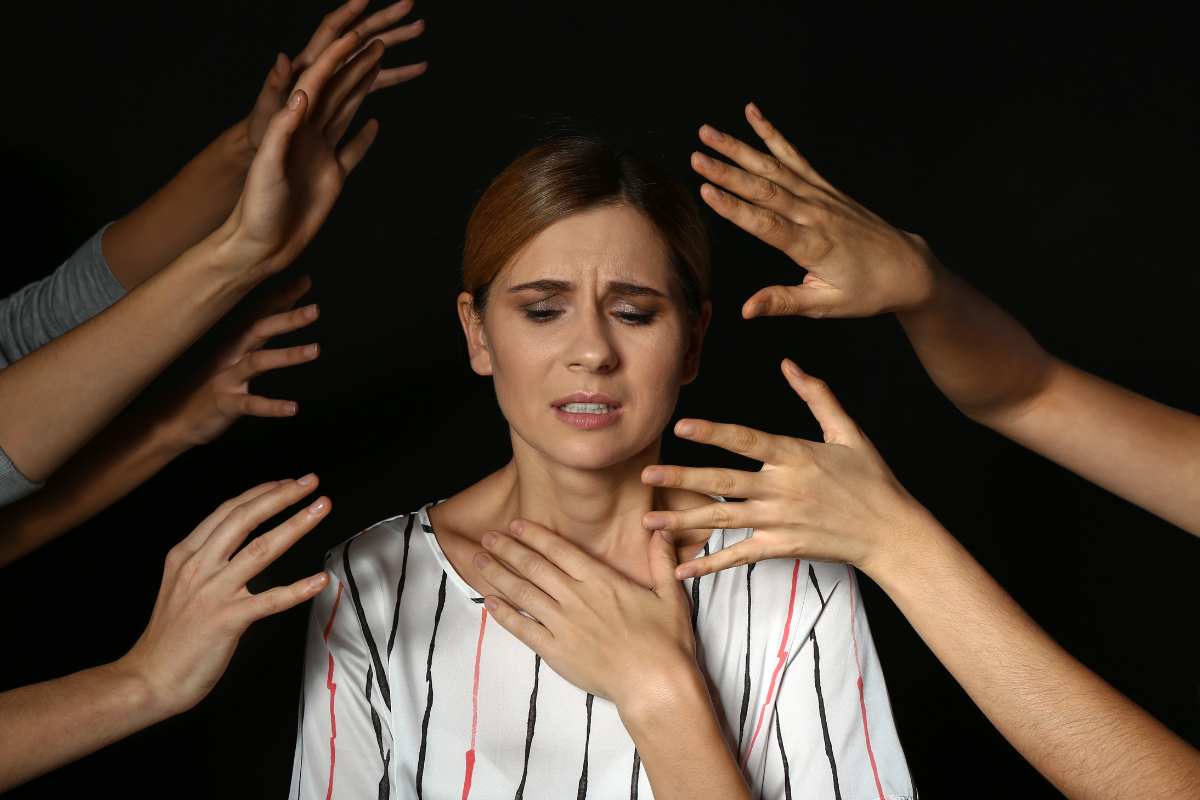
In today’s hyper-connected world, social anxiety remains one of the most misunderstood mental health conditions. While occasional shyness or nervousness in social situations is common, social anxiety disorder (SAD) is far more intense and pervasive. Affecting approximately 15 million adults in the United States, social anxiety goes beyond temporary discomfort—it’s a condition that can profoundly impact an individual’s quality of life.
What is Social Anxiety?
Social anxiety, also known as social phobia, is a mental health condition characterized by an intense fear of social situations where one may be judged, embarrassed, or humiliated. Unlike everyday nervousness, social anxiety persists over time and can interfere with daily activities such as work, school, and personal relationships.
People with social anxiety often experience overwhelming fear even in situations as simple as ordering food at a restaurant or speaking on the phone. These fears are not just fleeting—they often result in avoidance behaviors that reinforce the anxiety.
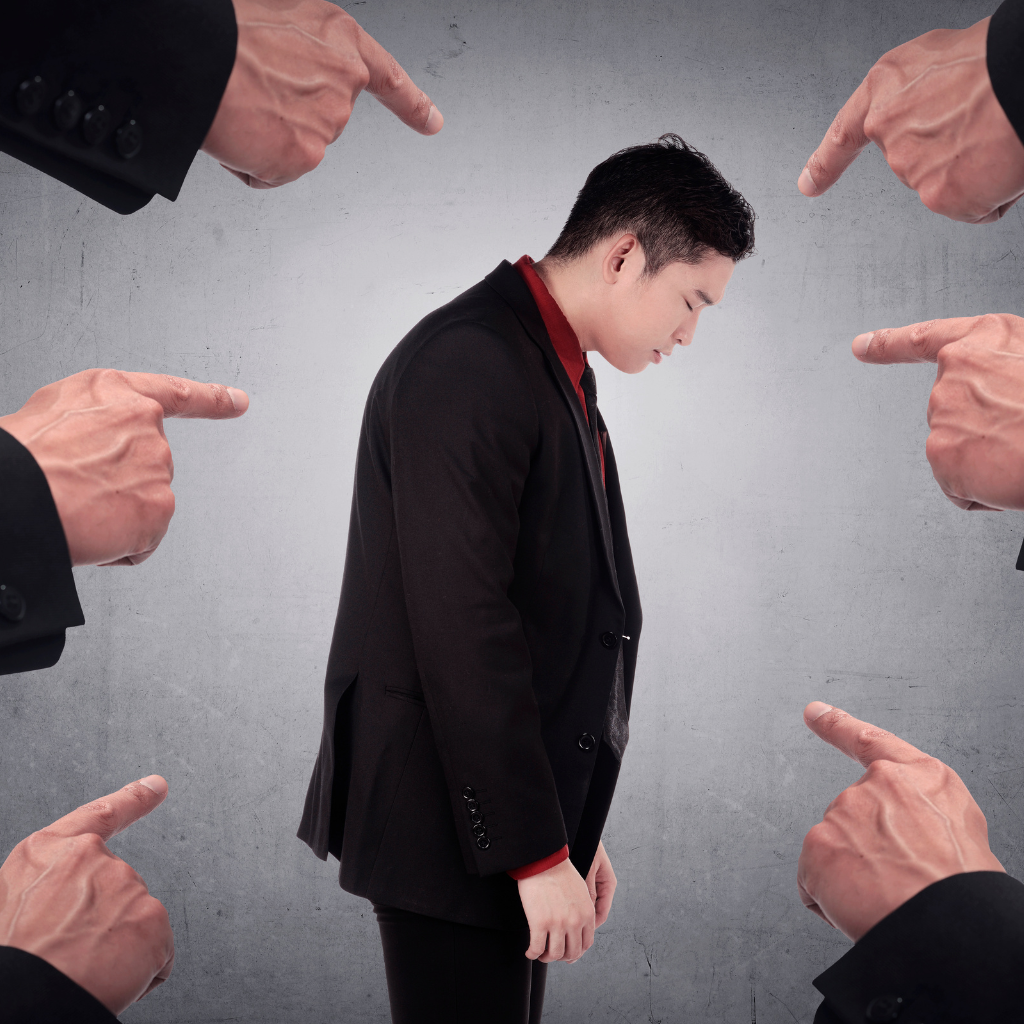
Social Anxiety Symptoms
Because social anxiety is frequently misinterpreted as shyness, recognizing the signs of social anxiety is crucial for timely intervention. The symptoms can manifest emotionally, physically, and behaviorally.
Emotional and Cognitive Symptoms
- Fear of judgment or criticism: Individuals often worry excessively about being negatively evaluated by others.
- Anticipatory anxiety: Fear may begin days or even weeks before a social event.
- Self-consciousness: Constantly feeling as though they are the center of attention, often with negative connotations.
Physical Symptoms
- Blushing: A common yet distressing physical reaction.
- Sweating or trembling: These symptoms often intensify under social scrutiny.
- Rapid heartbeat: Feeling as if the heart is pounding out of the chest.
- Gastrointestinal discomfort: Nausea or upset stomach is frequently reported.
Behavioral Symptoms
- Avoidance: Skipping events, avoiding eye contact, or remaining silent in group settings.
- Safety behaviors: Over-rehearsing speech, carrying objects to fidget with, or using alcohol to ease tension.
What Causes Social Anxiety?
The development of social anxiety is influenced by a combination of genetic, environmental, and neurological factors. While the exact cause is not fully understood, research has shed light on several contributing elements.

1. Genetic Predisposition
Studies suggest that social anxiety can run in families. If a parent or sibling has social anxiety, the likelihood of developing it increases. However, genetics alone don’t determine outcomes; environmental factors also play a role.
2. Brain Chemistry and Neurology
An imbalance of neurotransmitters, such as serotonin, can contribute to heightened anxiety responses. Additionally, an overactive amygdala—the brain region responsible for processing fear—can lead to exaggerated responses to perceived social threats.
3. Environmental Influences
- Early life experiences: Traumatic events such as bullying, ridicule, or public humiliation can contribute to the onset of social anxiety.
- Parenting style: Overprotective or highly critical parenting may hinder the development of healthy social skills, increasing vulnerability.
- Cultural factors: In societies that emphasize perfectionism or social conformity, the pressure to meet expectations can exacerbate anxiety.
Social Anxiety Treatment
Social anxiety is a treatable condition. With the right approach, individuals can regain control over their lives and build meaningful connections.
1. Cognitive-Behavioral Therapy (CBT)
CBT is considered the gold standard for treating social anxiety. This evidence-based therapy helps individuals identify and challenge negative thought patterns while gradually exposing them to feared situations in a controlled and supportive manner.
2. Medications
Selective serotonin reuptake inhibitors (SSRIs) and serotonin-norepinephrine reuptake inhibitors (SNRIs) are commonly prescribed to manage social anxiety symptoms. Medications are often used in combination with therapy for optimal results.
3. Lifestyle Changes
- Mindfulness and relaxation techniques: Practices like meditation and deep breathing can help reduce anxiety.
- Regular exercise: Physical activity has been shown to lower stress levels and improve mood.
- Sleep hygiene: Ensuring adequate rest can significantly impact emotional resilience.
Final Thoughts
Living with social anxiety can feel isolating, but it’s important to remember that help is available. Understanding the signs, symptoms, and causes of social anxiety is the first step toward overcoming it. With effective treatments and a strong support system, individuals can learn to navigate social situations with confidence and ease.
Responsibly edited by AI
Other Blog Posts in
Animo Sano Psychiatry is open for patients in North Carolina, Georgia and Tennessee. If you’d like to schedule an appointment, please contact us.
Get Access to Behavioral Health Care
Let’s take your first step towards. Press the button to get started. We’ll be back to you as soon as possible.ecovery, together.

